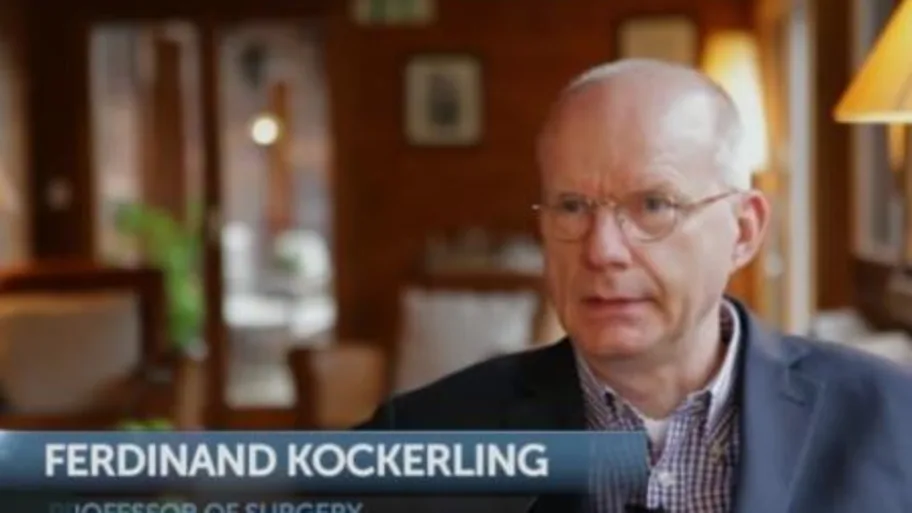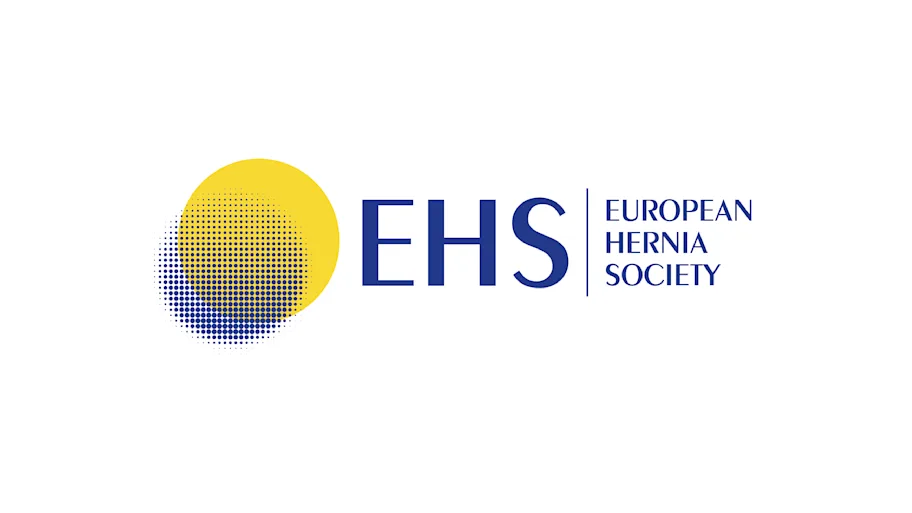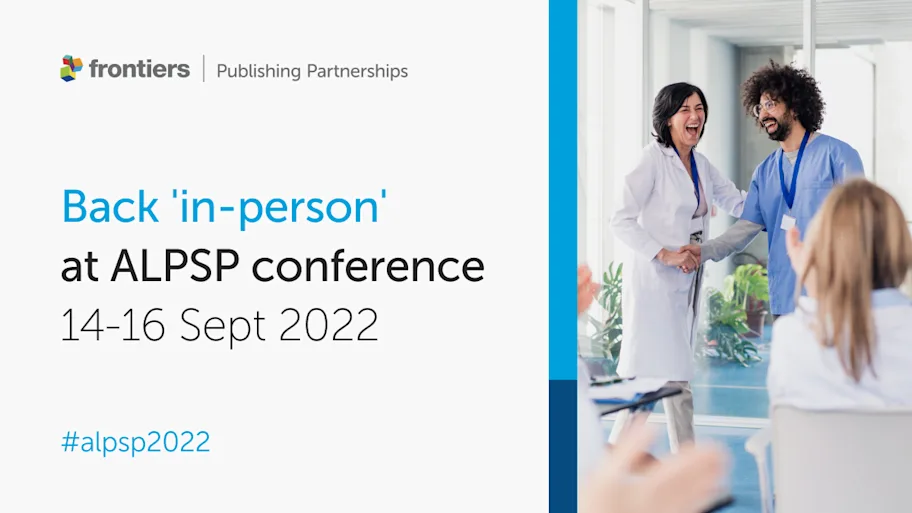
- Science News
- Health
- Searching for answers in Hernia surgery
Searching for answers in Hernia surgery
by Emily Barker, Frontiersin.org
Hernia surgery is one of the largest fields in general surgery – worldwide there are more than 30 million operations performed each year.
Hernias are a common aliment, which if left untreated can turn into a strangulated hernia – a very painful and potentially lethal condition. However, despite large numbers of hernia cases across the world, Ferdinand Köckerling, Field Chief Editor for Frontiers in Surgery, explained there is still a number of unsolved questions when it comes to treating them.
Over the past six years he and a network of surgeons have collected data from over 330,000 hernia cases for their Herniamed registry.
There are many different procedures including an open or minimally invasive approach. He explained: “For the hundreds of different procedures, there is still an ongoing discussion what the best approach is for the patients.”
Herniamed, a non-profit organisation, is attempting to answer those questions and they have already made some discoveries.
“We found there is a clear correlation between the case volume of the surgeons and the outcome – that means when you want to have optimal outcome for the patients then you need more specialized surgeons in the field of hernia surgery;” explained Prof. Köckerling.
“The other thing we found out is that in the huge propensity score matching analysis, the endoscopic procedures has benefits towards the patients in comparison to open surgery for inguinal hernia repair.”
He added there is a need for hernia centers with specialized surgeons worldwide, and “we are far away from that.”
The database is mainly for German speaking countries, Germany itself has 350,000 cases a year, but there is also an English version.
To encourage surgeons and practitioners to take part, Herniamed set up Certified Hernia Centers. The Centers receive a seal for participation in a quality assurance programme. If researchers present their research they get a higher grade of certification.
He explained: “It’s huge additional paperwork for the surgeon’s, it needs a certain type of enthusiasm. What we have offer them is they can benchmark their results, they can compare their results to the whole database, and only if you know your data can you do better.”
By working on Herniamed, Prof. Köckerling explained that is was how to approach sustainable medicine, by finding the optimal treatment solution and avoiding complications.
“Complications are always very cost demanding;” he added. Through this work “we can save money and put it into other fields of medicine.”
Further author biography and related research articles available via Loop.






